In This Article Show
FAST FACTS
- Lysol is a chemical disinfectant that is used for household cleaning.
- You shouldn’t spray Lysol on plants because the ingredients can harm plants if they come into contact with them.
- Vodka, lemon, vinegar, and hydrogen peroxide are natural alternatives to chemical disinfectants.
A common disinfectant you can find in almost all homes is Lysol. While everyone is on the same page regarding the effectiveness of Lysol for cleaning and sanitizing the home, we have found that a lot of people are unsure about the use of Lysol for plants.
Lysol is a chemical disinfectant that is popularly known to be used for household cleaning; an American brand makes it. It is known to kill bacteria and viruses in homes.
It is also well known and used for removing bad odor in places such as the bathroom and other places in the home. The major ingredients present in Lysol are ethanol, isopropyl alcohol, and ammonium hydroxide.
In this article, we will answer the question, “Can you use Lysol for plants?”. We will also provide all the information on how to use Lysol.
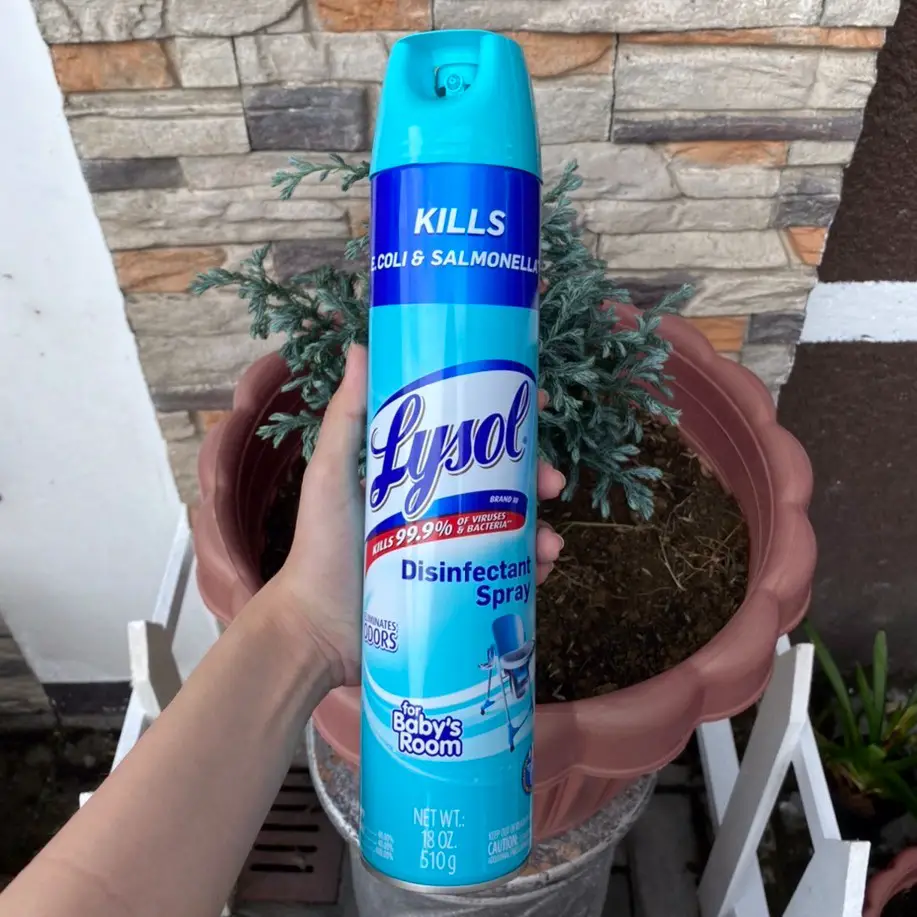
READ NOW: Plumeria Stem Rot Vs Dehydration: Tell The Difference
Get Gardening For Beginners
Our new EBOOK shows newcomers and green thumbs alike a step by step guide to growing the garden of their dreams.
Can You Spray Lysol on Plants?
The short answer is No; you shouldn’t spray Lysol on plants because Lysol can kill plants. These ingredients can harm plants if they come into contact with them. The degree of the harm will depend on how much Lysol was sprayed on the plants and how sensitive the plants are.
What to do if you accidentally spray Lysol on plants?
If you accidentally sprayed Lysol on your plants, don’t panic. There are steps you can take to minimize the damage. They are as follows;
- The first thing to do if you accidentally sprayed Lysol on your plants is to remove them from the area immediately.
- Take them outside or to a well-ventilated area to reduce their exposure to the disinfectant.
- Next, you should carefully rinse the plants with water. Use a gentle stream of water to wash off as much of the Lysol as possible. Be sure to rinse both the leaves and the soil.
- After rinsing, you may want to consider repotting the plants. This will help to remove any lingering Lysol from the soil.
- Use fresh, clean soil, and make sure the pot has good drainage.
If you have sprayed a large amount of Lysol on your plant and you notice the plant has been affected by the disinfectant, the following are things you can do to revive your plant.
- The first step is removing the plants from the contaminated area and rinsing them thoroughly.
- Next, you should trim any damaged leaves or stems. This will help the plant focus on regrowing healthy foliage.
- You may also want to consider applying a plant fertilizer to help the plant recover. Be sure to follow the instructions on the fertilizer package carefully.
How to Prevent Accidental Spraying of Lysol on Plants
Prevention is always the best strategy. To prevent accidentally spraying Lysol on your plants, you should take the following precautions;
- First, while using Lysol to clean, ensure your plants are in a separate room or space. If you cannot move the plants, shield them from the spray by covering them with a plastic sheet.
- Second, before using any cleaning goods, always read the label. Look for any cautions on using the product near plants or in locations with plants.
- Avoiding a product entirely if the label warns against using it around plants is recommended.
Natural Alternatives to Chemical Disinfectants
Even though chemical disinfectants are excellent, many people might prefer natural disinfectants. There are natural options you can employ if you’re hesitant to use chemical disinfectants around your plants. Here are a few efficient natural disinfectants:
1. Vinegar
Fill a spray bottle with equal parts water and vinegar to use as a disinfectant. After shaking the bottle to mix the solution, spray the mixture on the surfaces you want to clean.
Get Gardening For Beginners
Our new EBOOK shows newcomers and green thumbs alike a step by step guide to growing the garden of their dreams.
2. Hydrogen Peroxide
Combine one part hydrogen peroxide and two parts water in a spray bottle. Spray the mixture on the areas you want to disinfect after shaking the bottle to mix the solution.
3. Tea Tree Oil
Tea tree oil can be used to disinfect surfaces by combining 10 to 20 drops with two cups of water in a spray container. After shaking the bottle to mix the solution, spray the mixture on the surfaces you want to clean.
4. Hot Water
To use hot water to disinfect, ensure the water is at least about 140 to 150 degrees F, you can combine it with soap or a cleaning agent for effective cleaning.
5. Vodka
Alcohol is an effective cleaning agent. It can be used to get rid of mildew and mold. It is recommended to purchase vodka with 100-proof. This will guarantee its effectiveness in removing bacteria.
6. Lemon
While lemon is less effective when compared to vinegar, it is great for getting rid of stains and for sanitizing non-porous surfaces.
Common Household Products That are Harmful to Plants
Lysol is not the only household product that can be harmful to plants. Several other common household products can damage or kill plants if they come into contact with them.
- Bleach is a potent disinfectant that can harm plants. If bleach comes into contact with plants, it can cause burns and discoloration.
- Ammonia is another household product that can be harmful to plants. Ammonia is often found in cleaning products, and if it comes into contact with plants, it can damage their leaves and stems.
How to Protect Your Garden from Lysol Contamination
- To protect your garden from Lysol contamination, you should take the same precautions as you would with your indoor plants.
- Keep your garden away from areas where you use Lysol, and cover your plants if you can’t move them.
- It would be best if you also were careful when using other chemicals in your garden, such as fertilizers and pesticides.
- Always read the label to make sure the product is safe for plants.
Final Thoughts
Lysol is a disinfectant for the home, that shouldn’t be sprayed on plants. Accidentally spraying Lysol on your plants can be a stressful experience, but it’s not the end of the world.
Following the steps outlined in this article can minimize the damage and help your plants recover. And remember, prevention is always the best strategy.
Take precautions to protect your plants from harmful chemicals, and consider using natural alternatives whenever possible.

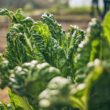
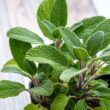

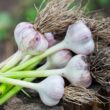
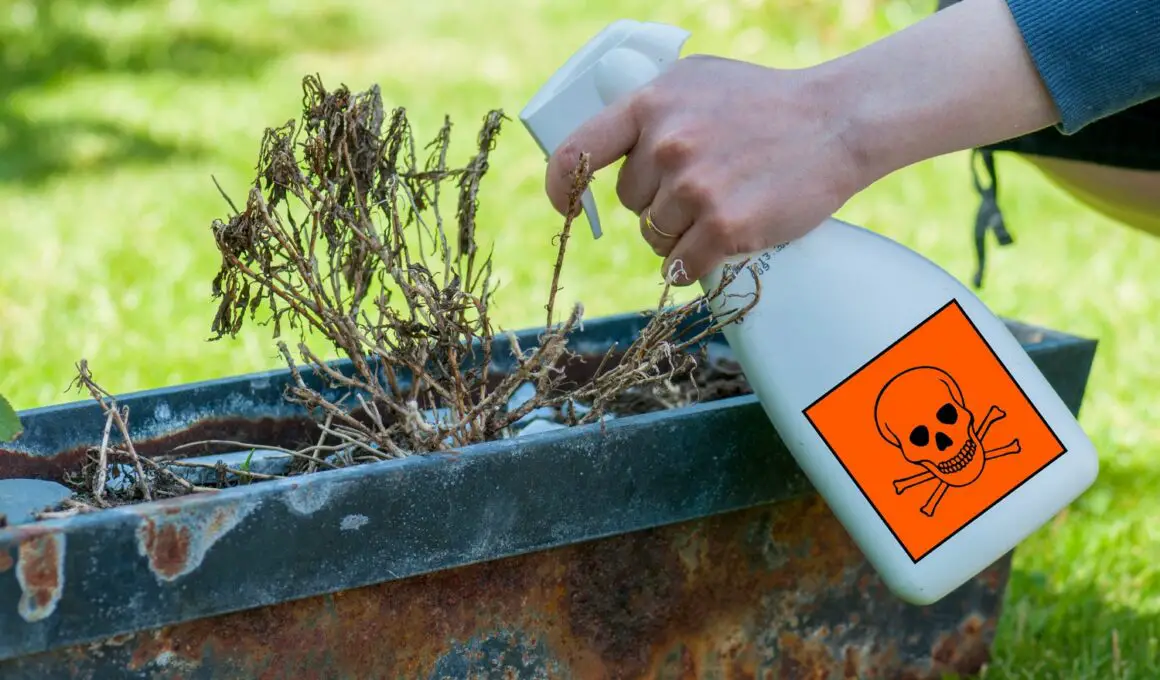

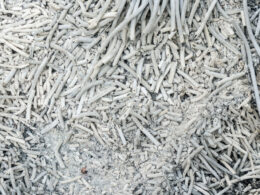



Unfortunately my neighbor above me dumped he bucket of lysol on my plants and soaked the soil. I over watered it but not looking too good. Is there anything else I can do?
All I can say is you exaggerated your story here. Yes lysol is harmful on plants IF you direct hit the plant, but if it is just mist some parts of the plants, it will not going to die, how may i know? I used that Lysol mixed with Neem oil for 4 yrs now to get rid of mites and thrips, I sprayed the entire greenhouse full of plants and is there anything affected? Yes on just some, like those plants that have thinnest leaves and thats it, but it not killed my plants, it never happened on my 4 yrs. If you use lysol to water your plants, maybe